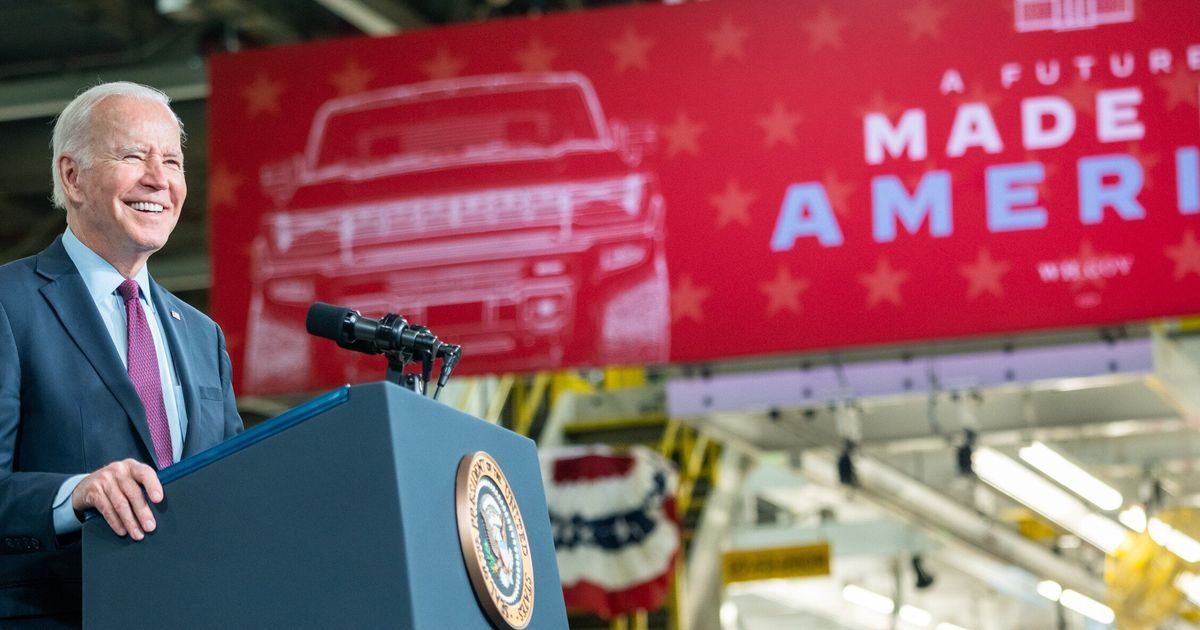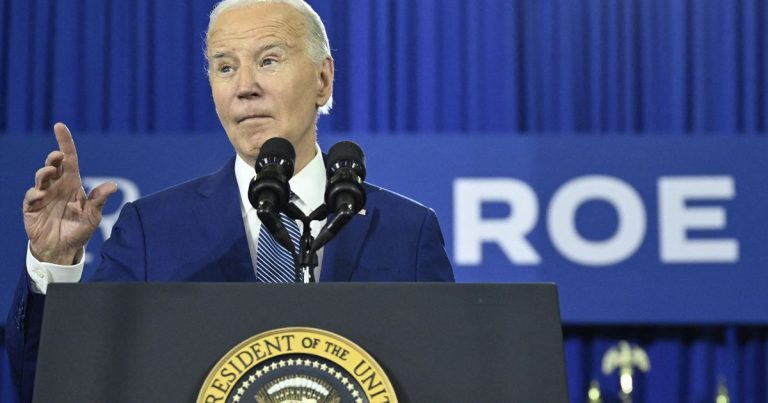Biden and Trump argue about electric cars: An explanation
President Joe Biden recently visited Detroit in late 2021, where he outlined his vision for America’s auto industry. Standing in the assembly floor of General Motors’ “Factory Zero,” which had been revamped to produce electric vehicles (EVs) and their batteries, Biden emphasized the importance of fighting climate change, creating middle-class jobs, and bolstering the auto industry’s global reputation. His speech aimed to inspire a sense of national pride and unity. This marked a significant moment, as Biden followed through on his promises by signing the ambitious 2022 Inflation Reduction Act (IRA), injecting billions of dollars in subsidies for EVs into the industry as part of a groundbreaking industrial policy.
The impact of this policy shift has been noticeable, with multiple EV production facilities sprouting across the industrial Midwest and a new “battery belt” in the South. The United Auto Workers (UAW) union has gained organizing rights in many plants, and EV sales are on the rise. However, challenges remain, such as the UAW’s struggle to organize beyond the Big Three automakers, the emergence of China as a global EV leader, and concerns over Chinese EV imports flooding the U.S. market.
Former President Donald Trump has been particularly vocal in criticizing Biden’s EV initiatives, framing them as detrimental to American manufacturers and workers. Trump’s campaign pledges include rolling back Biden’s policies and implementing even more stringent measures against imports. This sets the stage for a contentious debate that goes beyond traditional party lines, encapsulating larger discussions on economic policy, trade relations, and environmental concerns.
Biden’s strategy to promote EVs involves both positive and negative financial incentives. EV subsidies in the IRA incentivize manufacturers and consumers to transition to electric vehicles by reducing costs and closing the price gap between gas-powered and electric cars. The focus is on domestic production, with vehicles and parts primarily made in North America qualifying for subsidies. This approach, while criticized in some quarters, aims to bolster American competitiveness in the global EV market.
Economic analysts offer varying perspectives on the future of EVs, with some highlighting challenges like slow sales growth and market acceptance hurdles, while others emphasize the inevitability of a transition to greener technologies. Government intervention in the auto industry has historical precedents, notably during the 2009 financial crisis when Obama rescued GM and Chrysler. Biden’s team aims to replicate that success by fostering a competitive environment for American automakers, addressing past disparities and ensuring a level playing field in international markets.
The rivalry between the U.S. and China in the EV sector underscores the importance of strategic policies to safeguard American interests. Concerns over technological dominance, supply chain security, and fair competition reignite debates on industrial strategies and economic nationalism.
As the EV industry undergoes rapid transformation, the role of government support, industry innovation, and international alliances will shape its trajectory. The duality of Biden’s proactive approach and Trump’s adversarial stance delineates contrasting visions for American industry, workers, and economic priorities.
Ultimately, the electorate’s judgment on these policies, values, and leadership styles will influence the future of the auto industry and the broader economy. The upcoming elections carry significant implications for the automotive sector, the workforce, and the nation’s stance on global competitiveness.
In the end, the fate of America’s auto industry stands at a crossroads, symbolized by the ongoing clash of priorities and strategies put forth by political leaders. Detroit, once hailed as the heart of American manufacturing, now represents a battleground where the future of EVs, jobs, and economic prosperity hangs in the balance.








